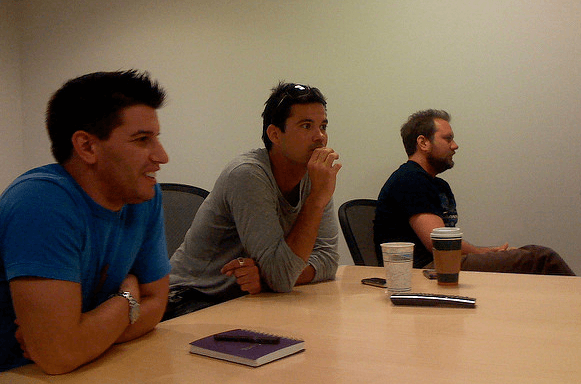In Critical Listening, a Person

In the realm of In Critical Listening, a Person a person must navigate a complex landscape of spoken information, employing analytical skills that extend beyond mere comprehension. This process necessitates an examination of underlying assumptions, speaker credibility, and inherent biases, all while managing emotional responses that could cloud judgment. The capacity to foster an open dialogue hinges on these abilities, promising not just improved communication but also deeper relational dynamics. Yet, the implications of mastering critical listening extend far beyond personal interactions; they may well redefine how we engage with the world around us. What might this transformation entail?
Understanding Critical Listening
Critical listening involves the analytical evaluation of spoken information, requiring the listener to engage actively with the content to discern underlying messages, biases, and intentions.
This process necessitates active engagement through reflective questioning, enabling the listener to challenge assumptions and assess the credibility of the information presented.
Psychological and Emotional Factors
Various psychological and emotional factors significantly influence an individual’s capacity for critical listening, impacting their ability to process information objectively and make informed assessments.
Emotional triggers can provoke biases, while psychological barriers, such as preconceived notions or anxiety, hinder open engagement.
Understanding these elements is crucial for overcoming obstacles that impede effective communication and fostering an environment conducive to authentic dialogue and freedom of thought.
Read Also How can I start a bookkeeping business service in Dubai?

Benefits of Enhanced Listening Skills
Enhanced listening skills contribute significantly to improved interpersonal communication, fostering deeper understanding and collaboration among individuals in both personal and professional contexts.
By promoting active engagement, these skills facilitate the accurate interpretation of messages, reducing misunderstandings.
Enhanced listening not only strengthens relationships but also enhances problem-solving capabilities, leading to more effective teamwork and innovation.
Ultimately, it empowers individuals to express their ideas freely and confidently.
Conclusion
In summary, In Critical Listening, a Person serves as a vital component of effective communication, enabling individuals to dissect and interpret spoken information with precision.
By fostering an environment of open dialogue, this skill mitigates the impact of psychological and emotional factors that may distort understanding.
As the adage suggests, ‘Listening is a magnetic force that draws people together.’
Thus, the cultivation of enhanced listening abilities not only elevates interpersonal interactions but also enhances collaborative problem-solving outcomes.






